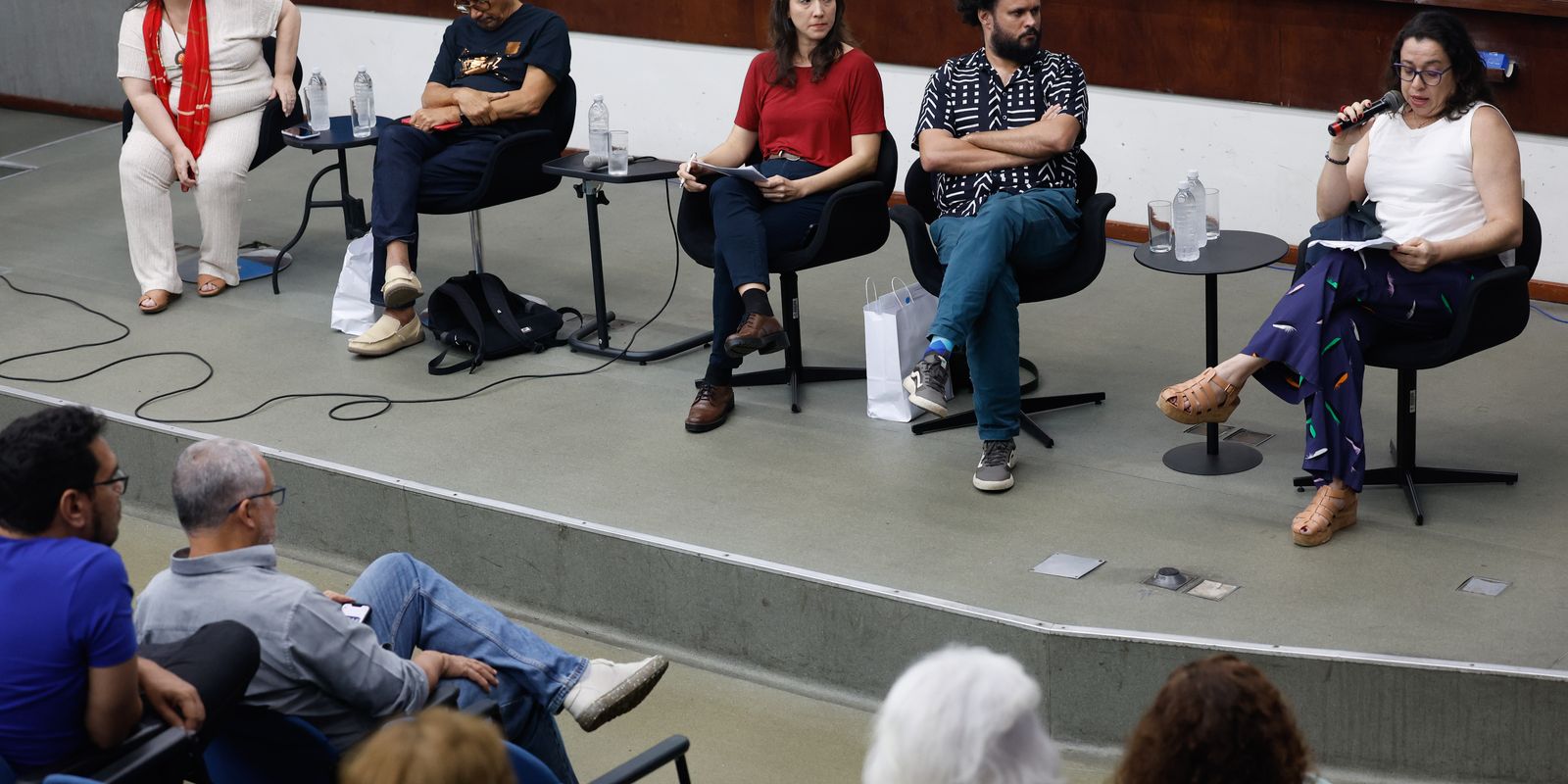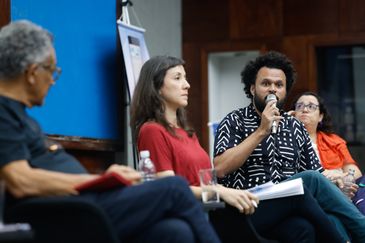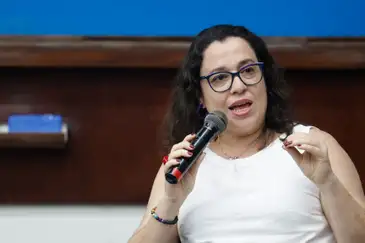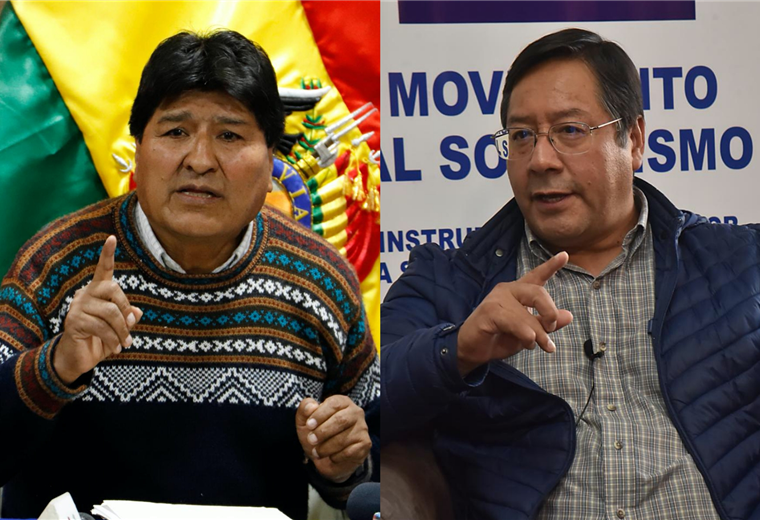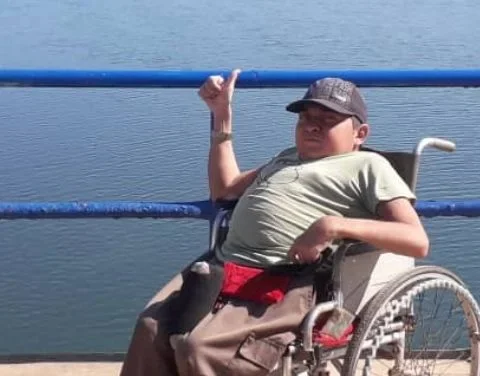Known for its pioneering spirit in the adoption of racial quotas in the country, the State University of Rio de Janeiro (Uerj) promoted this Tuesday (22) a debate on affirmative actions in the field of education. Researchers from different areas presented reflections and initiatives to combat discrimination against ethnic-racial groups, the elderly and refugees.
At the event, professor Luiz Augusto Campos, from the Institute of Social and Political Studies (Iesp) at Uerj and the Multidisciplinary Study Group on Affirmative Action (Gemaa), presented data on racial inequality in science and the role played by racial quotas in science. reduction of this problem.
According to Luiz Augusto’s research, between 2002 and 2021, the number of people enrolled in public higher education who belonged to the black, brown and indigenous groups rose from 31% to 52%. The group made up of whites and yellows went from 69% to 47% in the same time period. The Quota Law was sanctioned in 2012.
“The quotas refound public higher education in Brazil, making it meet its constitutional prerogatives”, reflects the researcher. “These data help to understand how quotas go beyond a policy of benefiting specific groups. In fact, what the quota does is minimally mitigate the inequalities that public higher education promoted before it. In other words, they justify the existence of public higher education itself.”
Professor Maria Teresa Tedesco, from the Uerj Institute of Letters, provided details of the Varia-Idade Program. The research, which began in 2015, analyzes reports from elderly people from different neighborhoods in Rio de Janeiro and brings together material about urban planning and the way of occupying the city. The objective is for the data to help guide public policies. The research is still ongoing.
“As a consequence of the increase in life expectancy and longevity, it is necessary to have public and social policies that guarantee and ensure good care for elderly people. Health care, education and general well-being. Inclusion in society. Because we know that these people are often left out”, said the researcher.
Researcher Érica Sarmiento, from the History Department and the Sérgio Vieira de Mello Chair at Uerj, works on some actions specifically aimed at refugees in Brazil. She cited as some of the most successful initiatives the articulation of a state law that guaranteed a specific way for refugees, stateless people and immigrants with humanitarian visas to enter public universities. The first entrance exam of its kind was held by Uerj in 2023.
According to Sarmiento, the academic community and society as a whole gain from the exchange of knowledge and learning from different cultures.
“Responsibility towards others involves providing support. And here comes the importance of the university as a space of reception, of rupture with mental structures in relation to migratory selection. It also implies the defense of human rights beyond the walls of the university. And welcome others not just unilaterally, but with expectations of learning and exchanging knowledge”, said the researcher.
